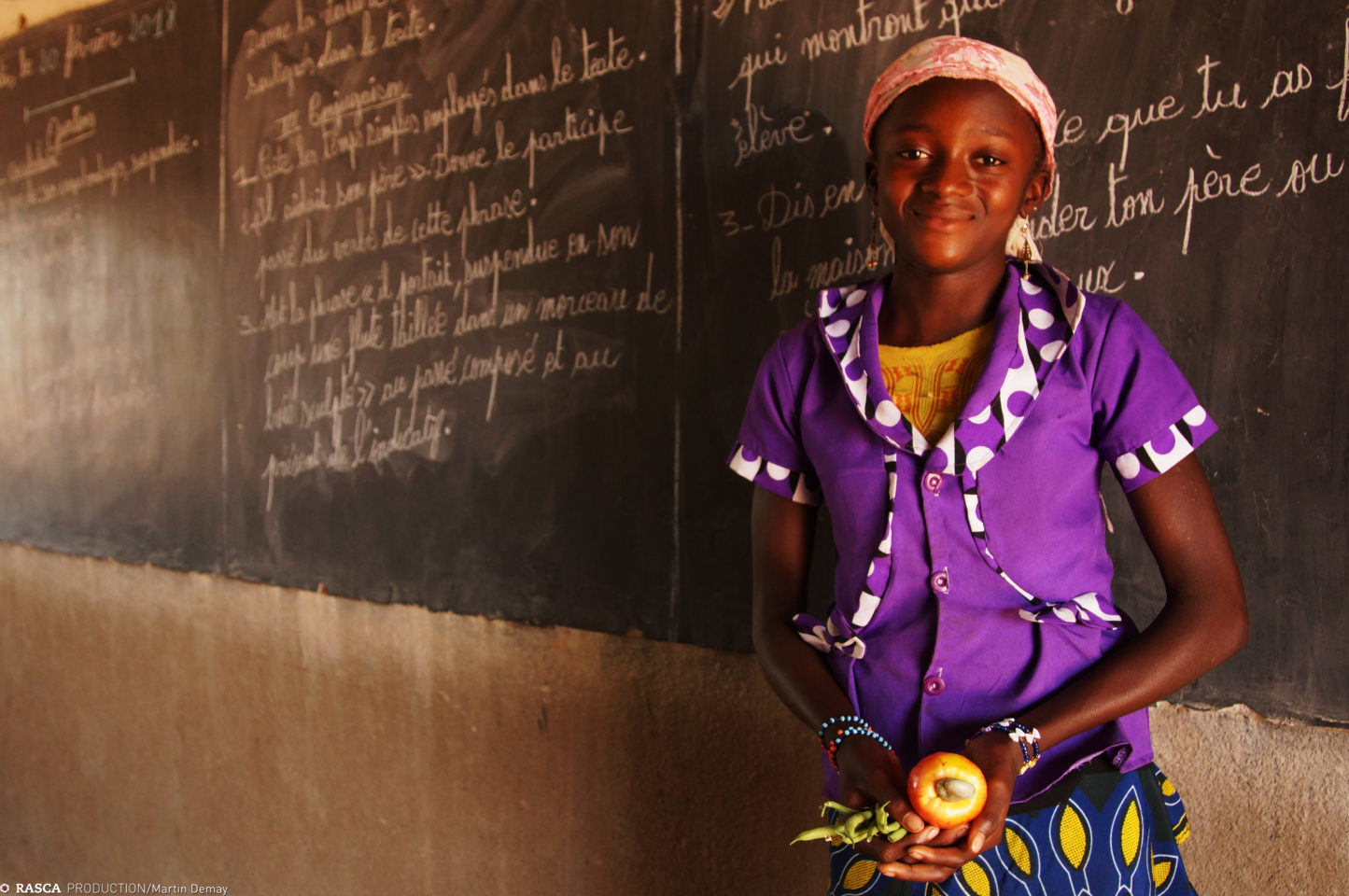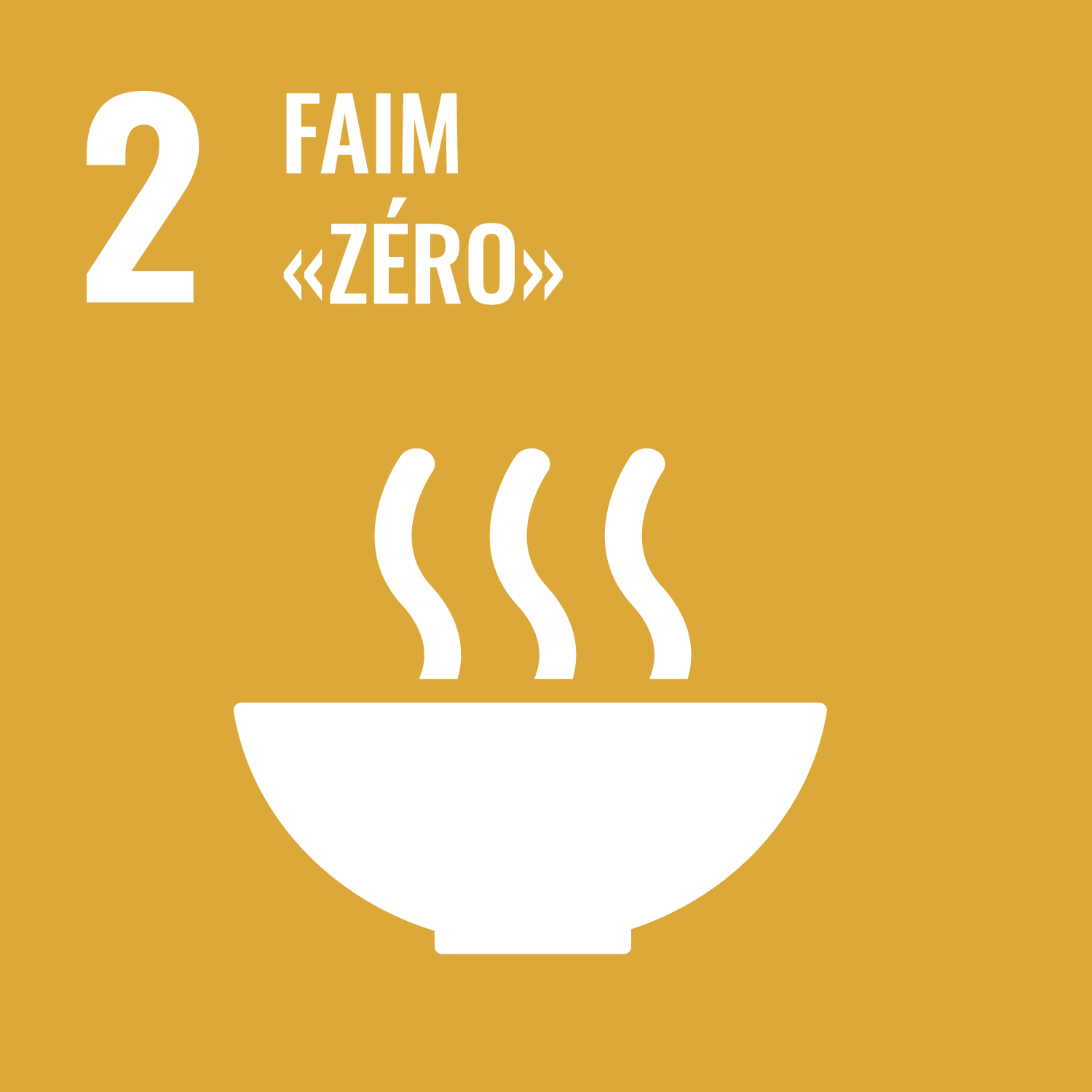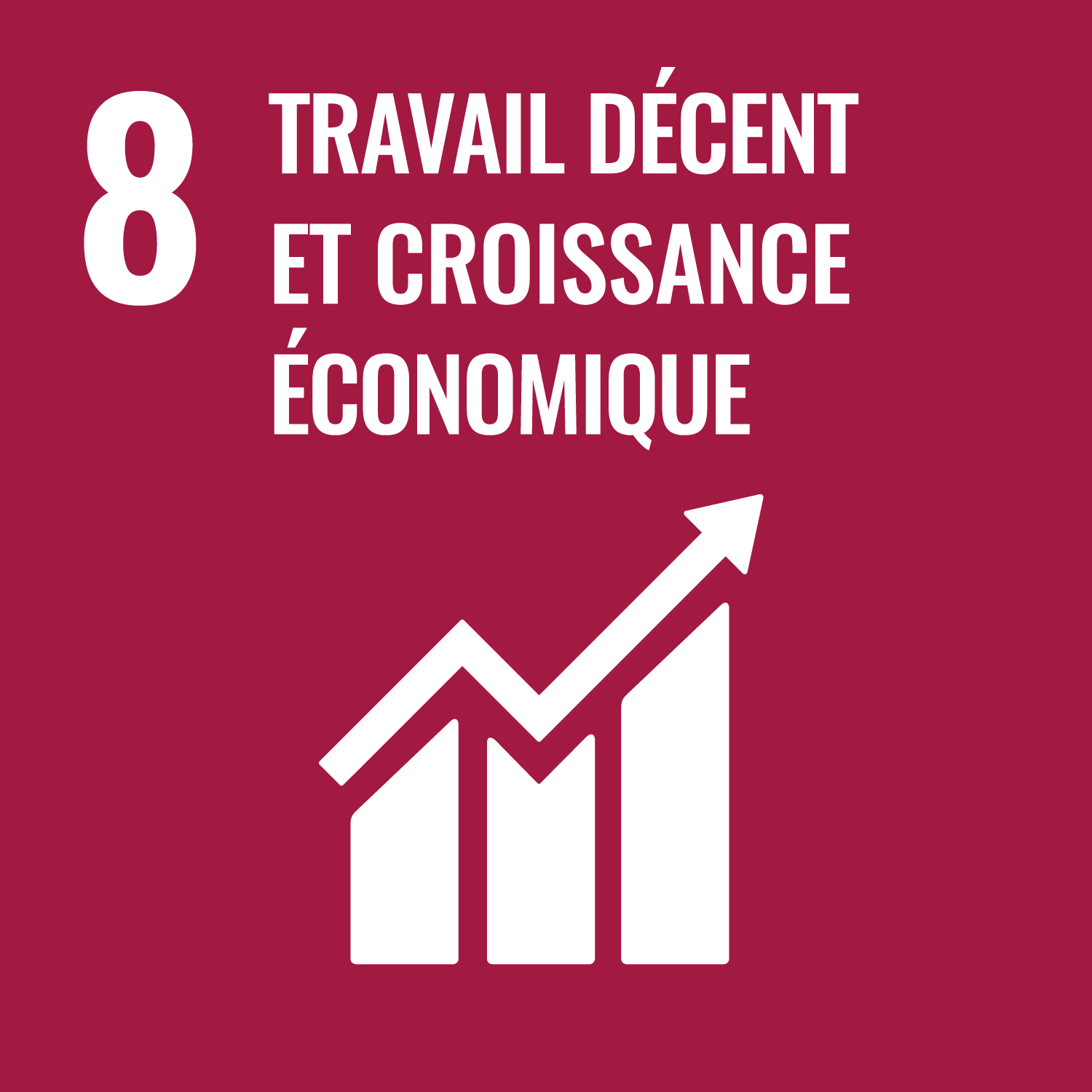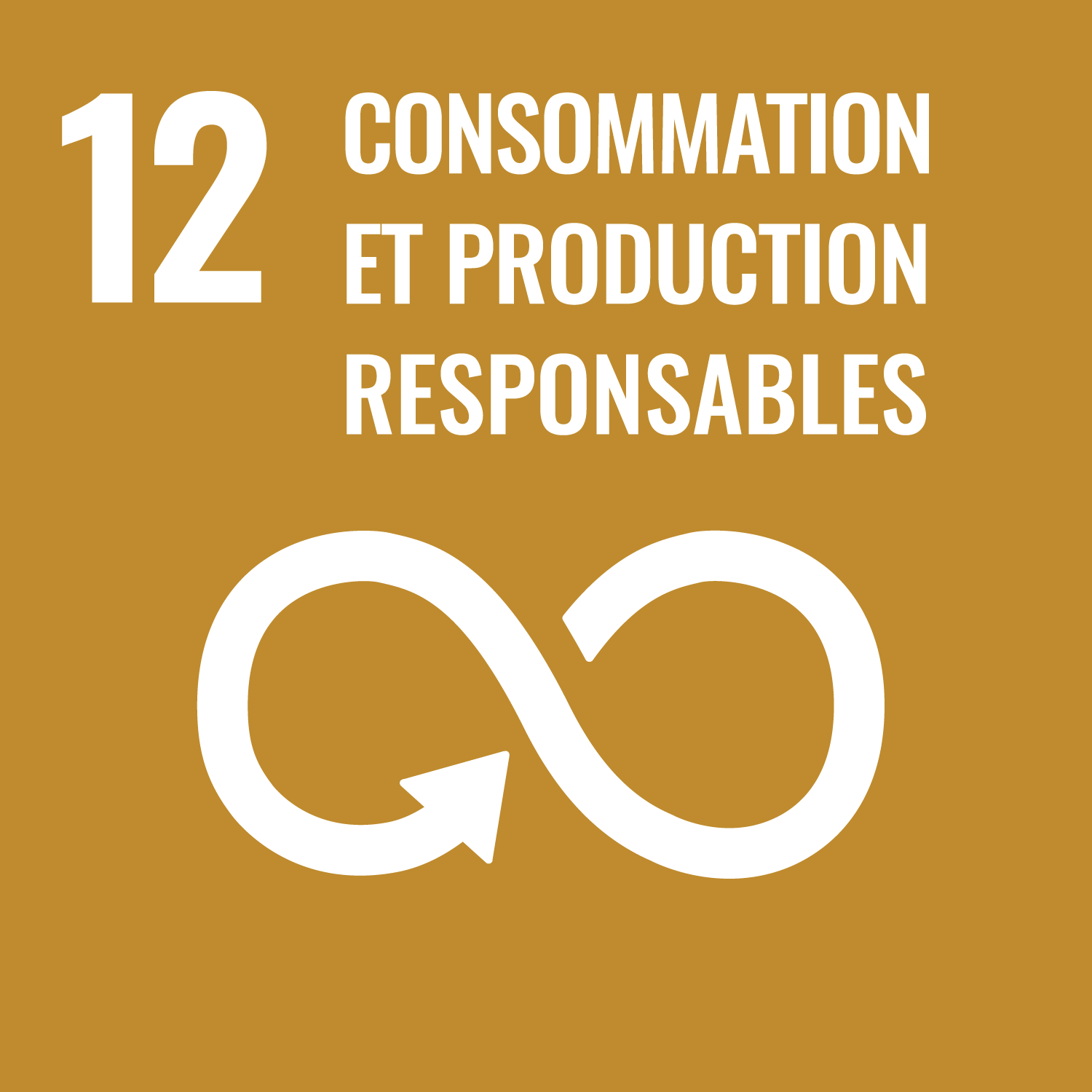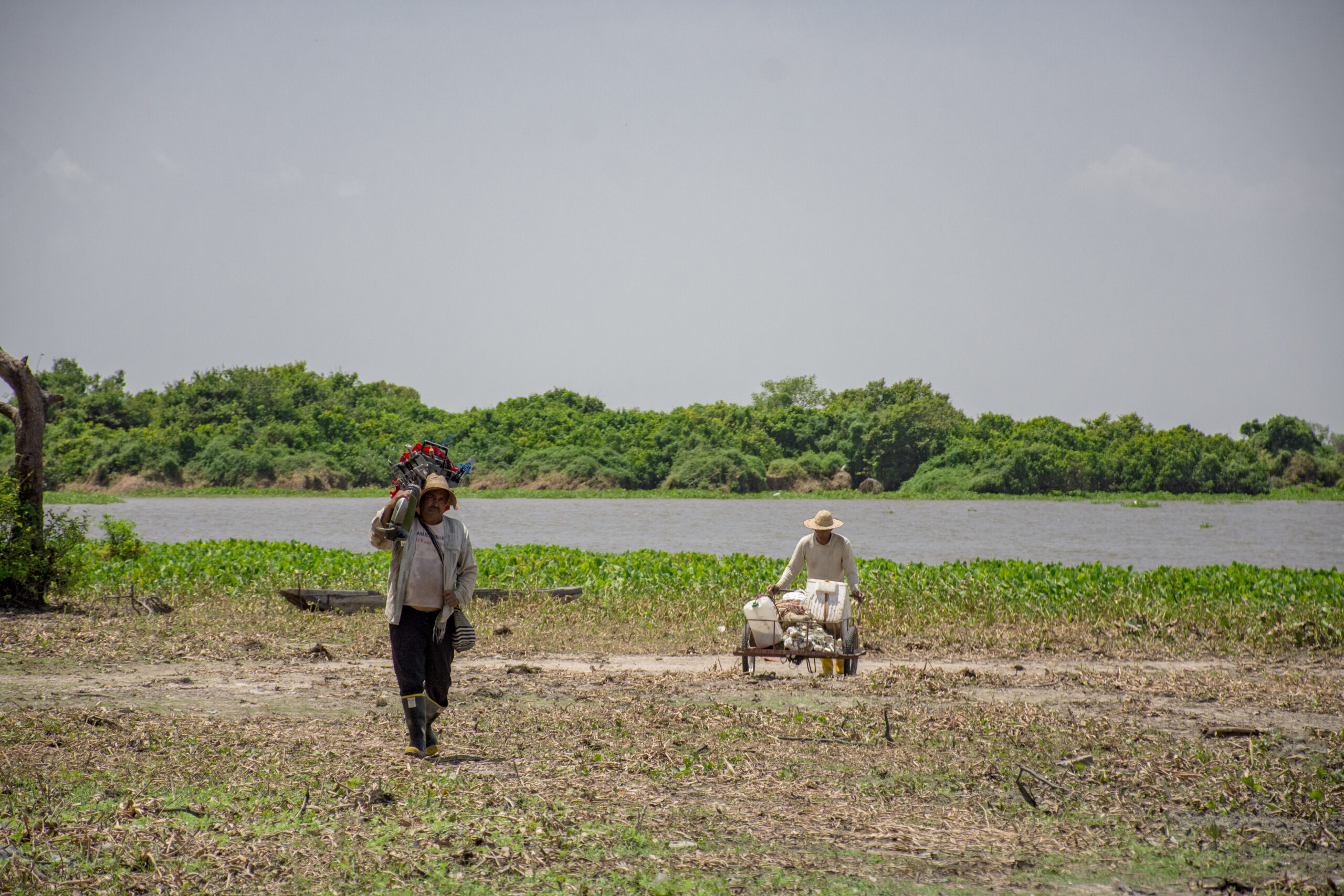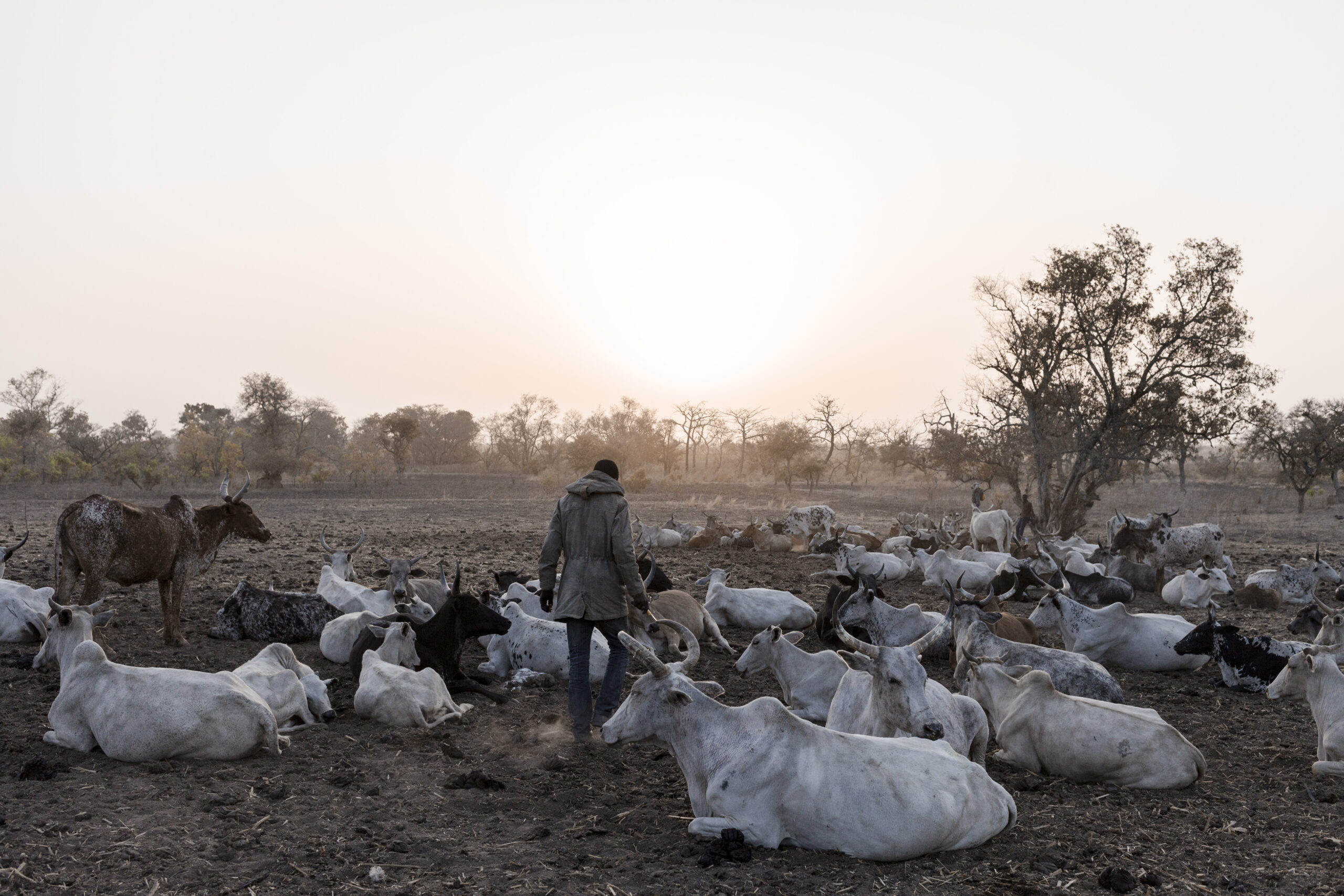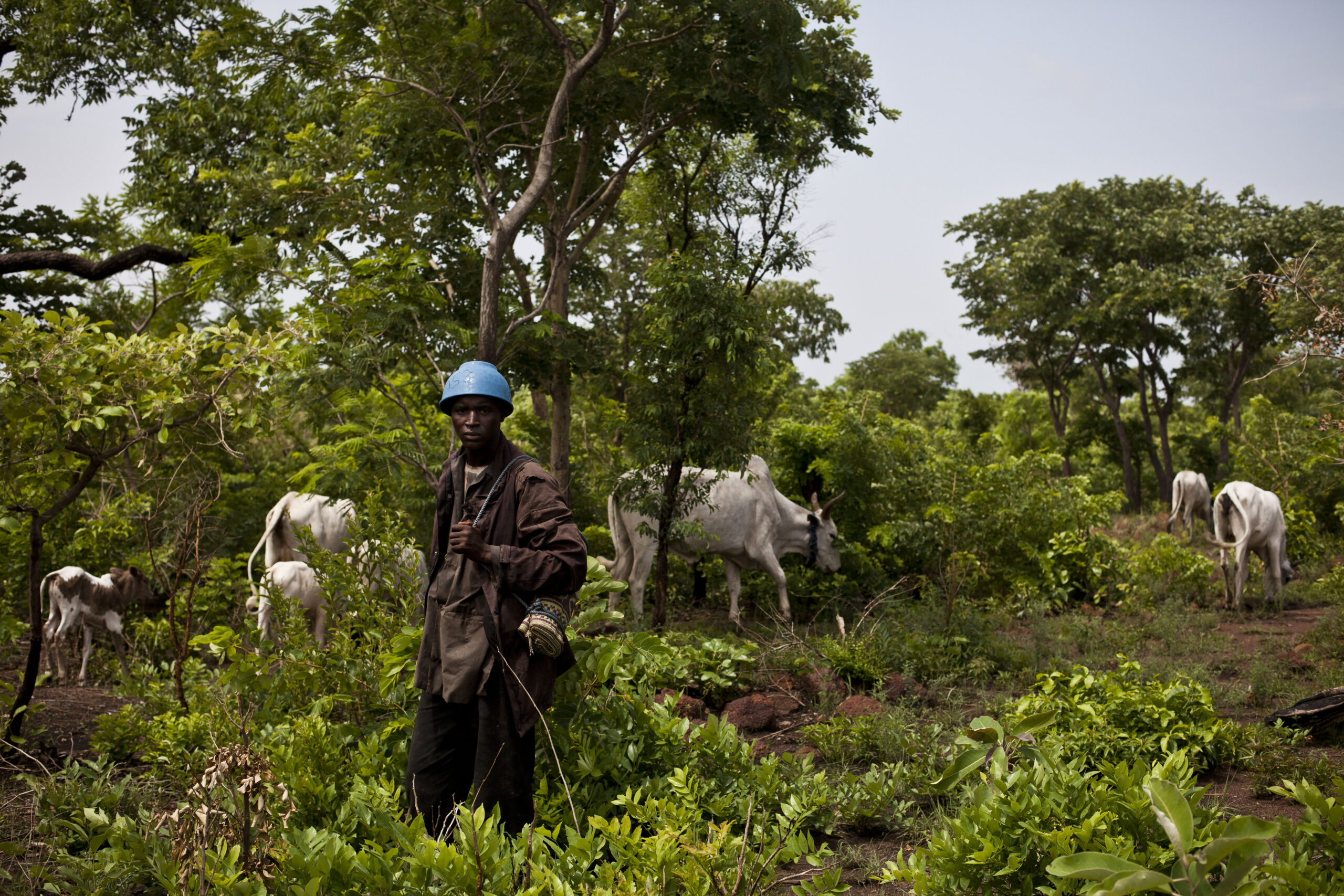Helping 1,000 producers, 50 processors, 35 traders, 5,000 primary school children, 50 students from the Sindou training centre
While there has been an increase in agricultural production in Burkina Faso, food and nutritional security remains volatile and the market for local products disrupted by food imports. Today, 91% of the business volume represented by school cafeterias is won by traders, compared to only 9% by Producers’ Organizations.
Project overview
The project’s innovations focus on ensuring that producers have access to fair and stable market opportunities, and on strengthening the downstream circuits of the production chains to meet health, food, employment and economic value creation challenges. These sustainable and fair partnerships between POs and local authorities aim to improve the supply of quality local agricultural products to public cafeterias.
Objectives
- Developing institutional markets in the territory;
- establish relationships between actors of supply (producers) and demand (public institutions) of local agricultural products on a territory;
- improve the quality, availability and accessibility of food (rice, black-eyed peas, market-gardening produce) for young people and children at schools and training centres;
- raise awareness among young people and children, and seek to persuade local authorities of people’s right to food and the importance of consuming locally;
- improve access to food for young people through support for processing and storage of agricultural products in POs. Training and monitoring of producers is set up: support on quality standards, procurement, contracting and negotiation, mutualisation of delivery/storage;
- Training of communes (institutional buyers): debate on the challenges of public procurement and the definition of a local product, information on local suppliers, pooling of purchases, quality control, reflection on inter-community cooperation, etc.;
- Raising awareness among young people about the right to food through activities organized in schools.
Key figures and results
- 1,000 producers are improving their production and finding a stable and fair commercial outlet through local cafeterias;
- The local authorities in 17 towns in the province of Léraba (Cascades region) are making sure that public cafeterias are supplied with better-quality local foods;
- 5,000 children at primary schools and training centres have access to high-quality foods through their cafeterias.
The project video: https://acting-for-life.org/ameliorer-approvisionnement-des-cantines-au-burkina-faso/
Discover the project in photos: https://www.flickr.com/photos/acting-for-life/albums/72157712651260026
